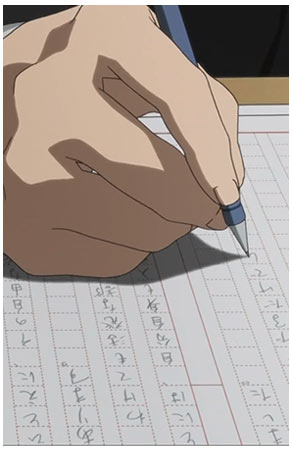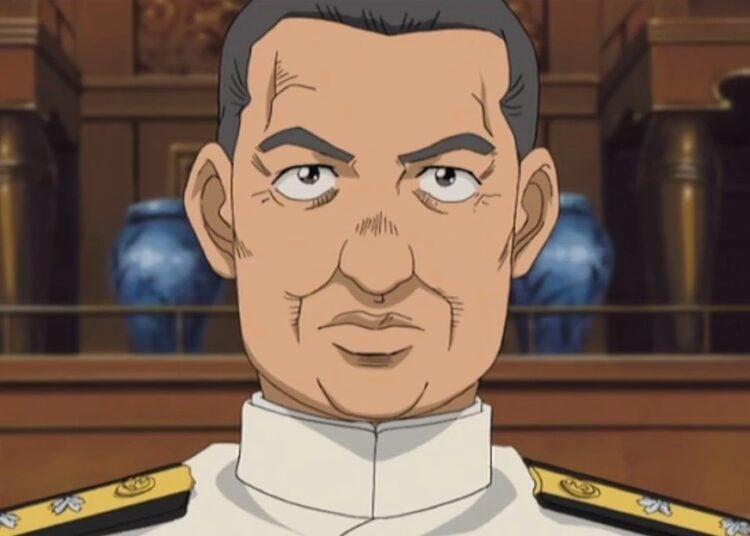Back when I was an English teacher. I had some interesting discussions with my students about why they wanted to learn English, and often the answer I got was something like, “I love English because America is free, unlike Japan.” While the concept is freedom has many definitions, in the case of my students it usually referred to freedom from school rules and uniforms, no school on Saturdays and late-night juku studying, and fewer restrictive social rules that dictate what people could do and be. One interesting paradigm for comparing the two countries is how school reports are written. In English we’d boot up a word processor and start typing in a blank file, but in Japan an extremely restrictive form called a genko yoshi (manuscript-writing form) is always used, with students putting one kanji or kana character in each box and rewriting whole pages if they want to make edits. (Computers are almost never used for schoolwork as laboriously writing reports by hand builds character, or something like that.) The idea of writing a report in a “free” style without any formatting framework might cause Japanese students to freeze up like a deer caught in headlights. Job applications are a similar situation: Japan always use a strictly formatted form called a rirekisho or employment history form to record their job and school history, and the average person would have a terrible time learning how to write an open-ended resume or European-style CV.

Understanding Japan through handwritten forms.














